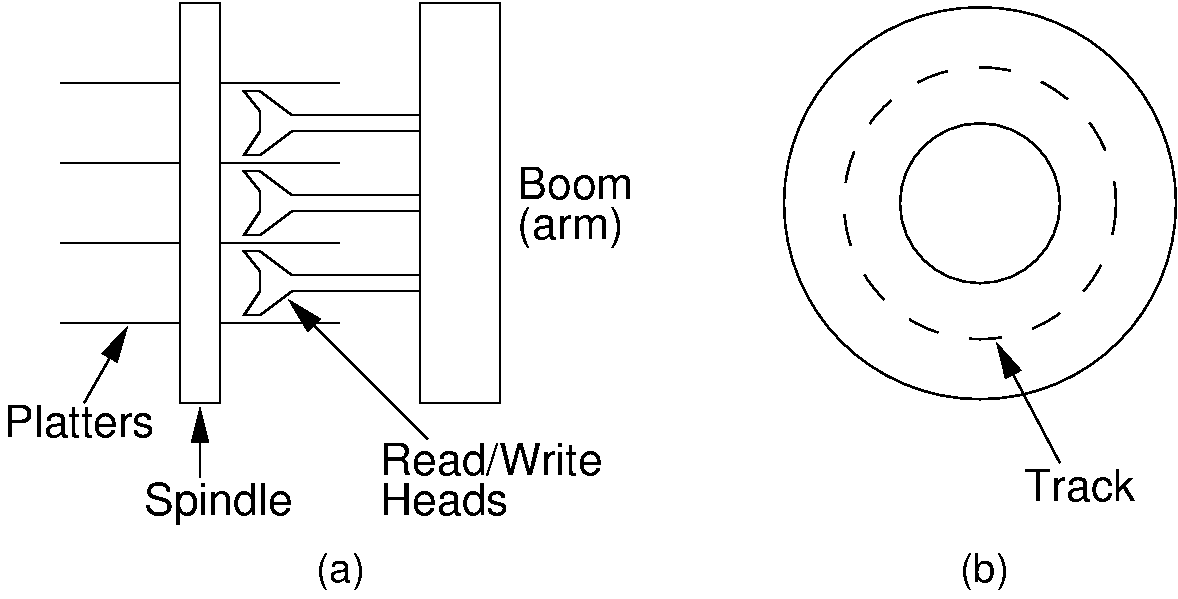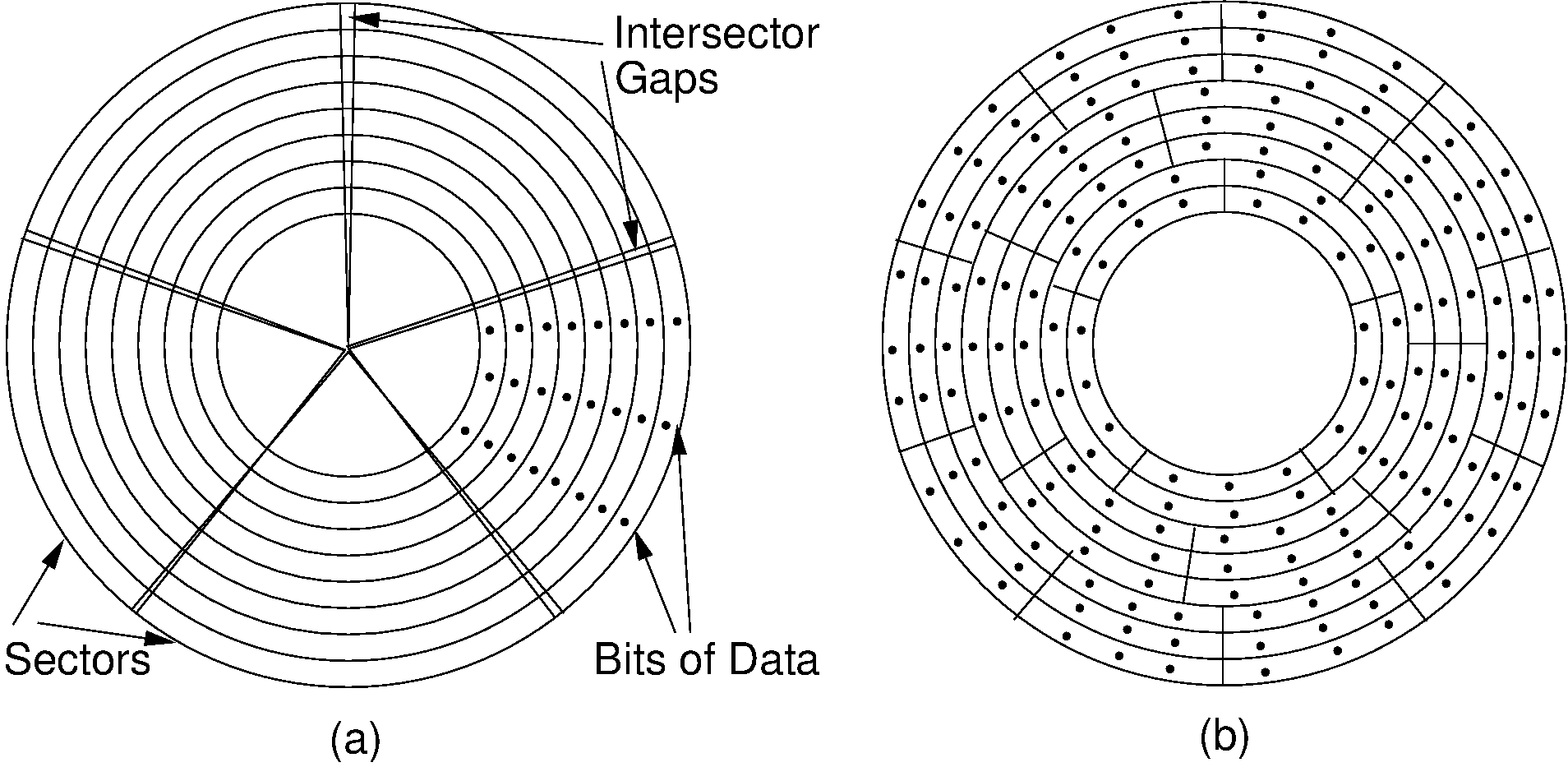7.Programmer’s View of Files§
- Logical view of files:
- An a array of bytes.
- A file pointer marks the current position.
- Three fundamental operations:
- Read bytes from current position (move file pointer)
- Write bytes to current position (move file pointer)
- Set file pointer to specified byte position.



